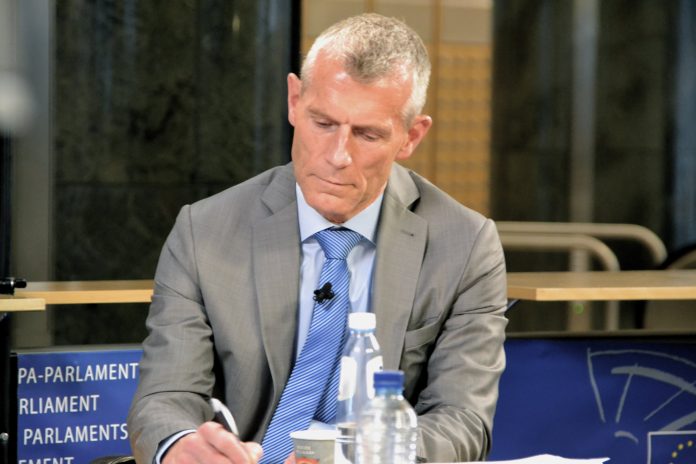The report approved by the Constitutional Affairs Committee proposes ways reform the EU by improving existing participatory mechanisms and setting up new ones.
On Tuesday, the Constitutional Affairs Committee approved the draft report on citizens’ dialogues and citizens’ participation in the EU decision-making with 23 votes for, 4 against and 1 abstention. The report stresses the need to reflect on how the Union can become more effective in engaging with citizens within representative democracy. Citizens should have a greater voice in EU decision-making, the text declares, to make the Union more reflective of their views and more resilient, democratic and effective. Moreover, it highlights the underlying tension between competing visions for the role of the EU, which can be addressed by moving towards a European Union of citizens. MEPs point out that the existing participatory instruments have various shortcomings, so they should be improved and complemented by new ones, in a manner complementary to existing representative democracy mechanisms. In this regard, Treaty change should not be precluded, and the Conference on the Future of Europe should provide an opportunity to forge a constructive dialogue with citizens on these key topics. Key proposals found in the text on the improvement of EU decision-making include:
turning the mechanisms for citizen engagement set up in the framework of the Conference into a permanent component; pilot projects, including ‘participatory budgeting’ and ‘crowdsourcing’ for the direct involvement of citizens; following up on successful European Citizens’ Initiatives, for which the Commission declares that it won’t propose new legislation, with legislative initiative reports formally adopted by Parliament; supporting ‘unorganised’ citizens and promoting their access to electoral and participatory opportunities within and outside EU channels; and establishing civil society and citizens’ networks, as well as working methods (including through the use of digital tools), to reach out to all citizens, especially the underrepresented ones.
The rapporteur Helmut Scholz (The Left, DE) commented: “We know that many citizens throughout the 27 member states are not satisfied with the way democracy works in the EU: they distrust the institutions, don’t know how the multi-level governance functions, do not feel heard. We need to reach out to them by creating the mechanisms to restore their sense of ownership over the democratic process. By strengthening their voices, we will all benefit from a more vibrant democratic dialogue and the fresh ideas it will bring to the surface.”

